Introduction:
Movies have the power to entertain, inspire, and evoke a range of emotions. Throughout the history of cinema, certain films have gone beyond mere entertainment, leaving a lasting impact on both the art form and society as a whole. These revolutionary movies challenged conventions, pushed boundaries, and introduced groundbreaking techniques that forever changed the landscape of filmmaking. In this blog, we’ll explore 10 such movies that revolutionized the film industry, leaving an indelible mark on cinematic history.
- “Citizen Kane” (1941): Directed by Orson Welles, “Citizen Kane” is often considered one of the greatest films ever made. It revolutionized the art of storytelling by employing innovative narrative techniques, such as flashbacks, non-linear storytelling, and deep focus cinematography. The film’s visual and narrative techniques set a new standard for filmmaking and continue to influence directors to this day.
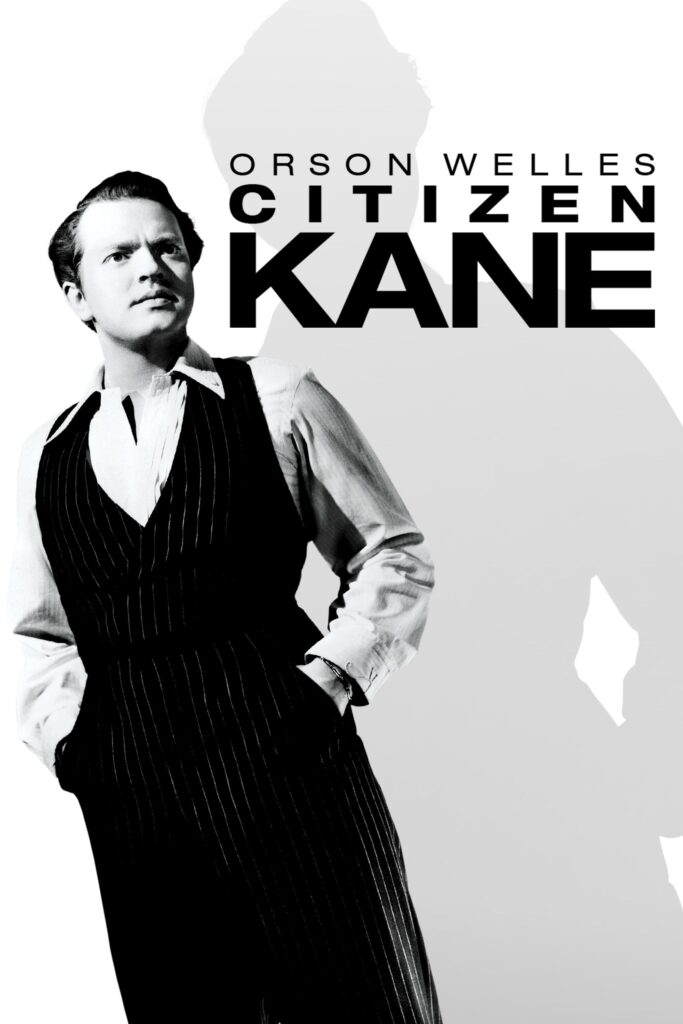
2. “Breathless” (1960): Directed by Jean-Luc Godard, “Breathless” is a cornerstone of the French New Wave movement. This film abandoned traditional storytelling methods and embraced jump cuts, improvised dialogue, and a sense of raw realism. Its influence on the future of cinema can be seen in the works of countless filmmakers who sought to challenge conventions and experiment with the medium.
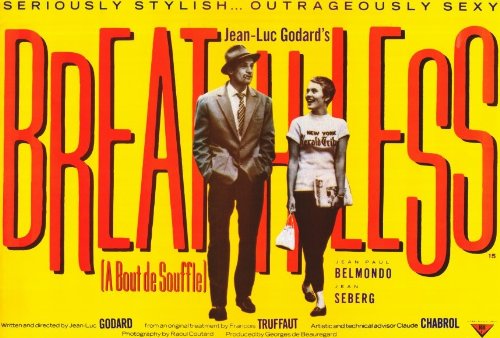
3. “Star Wars” (1977): George Lucas’ “Star Wars” not only became a cultural phenomenon but also revolutionized the use of special effects in filmmaking. The film introduced groundbreaking visual effects and sound design, creating a universe that felt real and immersive. Its success paved the way for the development of the modern blockbuster and changed the way movies were made and marketed.
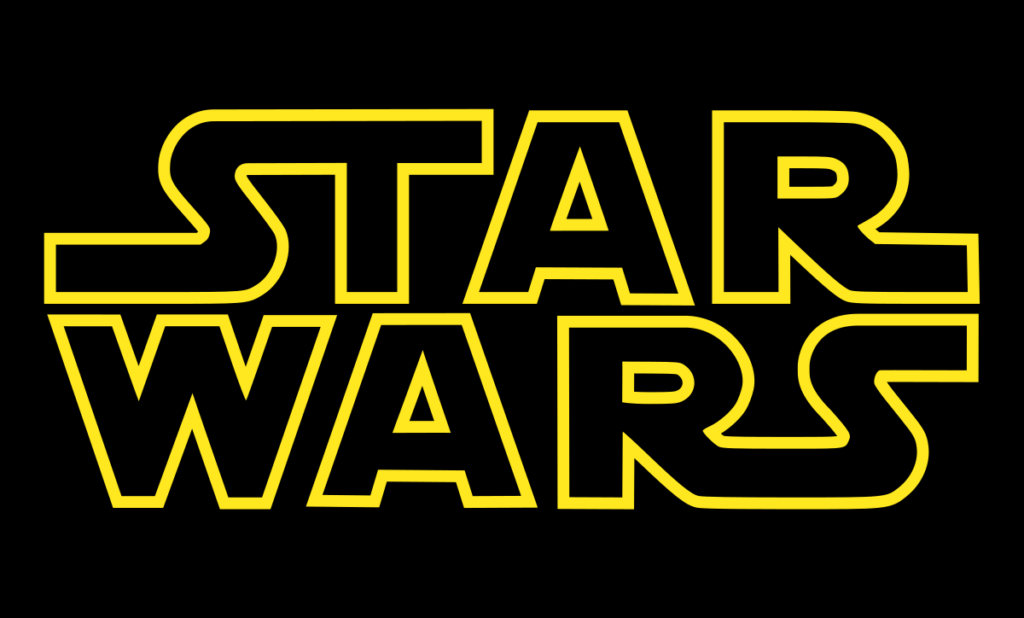
4. “Pulp Fiction” (1994): Quentin Tarantino’s “Pulp Fiction” shattered narrative conventions and breathed new life into independent cinema. The film’s nonlinear structure, stylized dialogue, and eclectic mix of genres influenced a generation of filmmakers. It showcased the power of non-linear storytelling and helped redefine the possibilities of narrative structure in cinema.
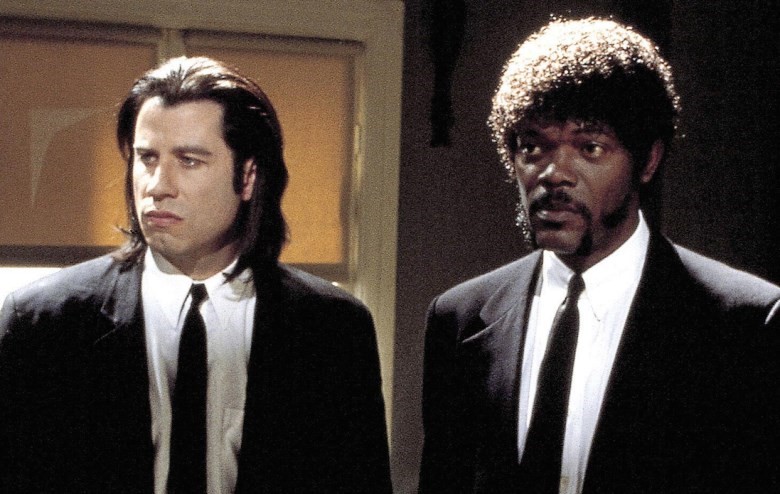
5. “The Matrix” (1999): “The Matrix,” directed by the Wachowski siblings, pushed the boundaries of visual effects and redefined action filmmaking. With its groundbreaking “bullet time” technique and innovative use of CGI, the film set a new standard for action sequences. Its philosophical themes and intricate storyline captivated audiences and left a lasting impact on popular culture.

6. “Avatar” (2009): James Cameron’s “Avatar” revolutionized the use of 3D technology, transforming the cinematic experience. The film’s breathtaking visuals and immersive world-building set a new benchmark for 3D filmmaking. Its commercial success prompted a surge in 3D movie production and influenced the way filmmakers approach visual effects and immersive storytelling.

7. “Boyhood” (2014): Richard Linklater’s “Boyhood” stands as a remarkable feat of filmmaking. Shot over the course of 12 years, the film follows the life of a boy as he grows into adulthood. This unprecedented approach to capturing the passage of time on screen broke new ground and showcased the power of long-term storytelling. “Boyhood” demonstrated the potential for cinema to mirror real-life experiences in a unique and captivating way.
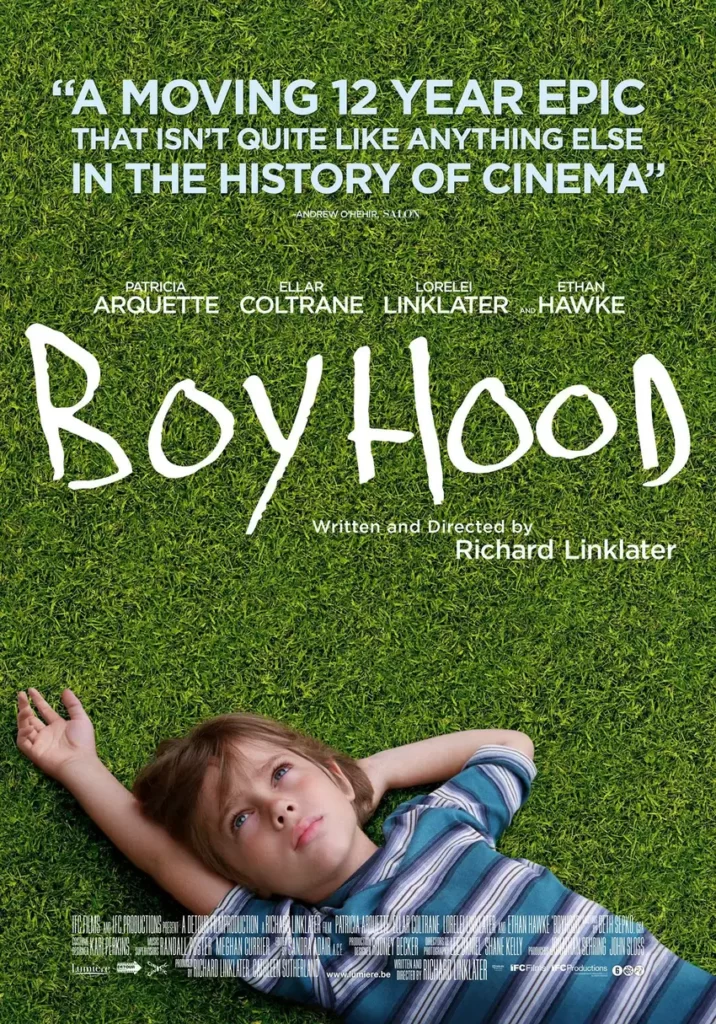
8. “Get Out” (2017): Jordan Peele’s “Get Out” redefined the horror genre and sparked important conversations about race in America. By blending horror with social commentary, Peele created a thought-provoking and gripping film that resonated with audiences worldwide. “Get Out” showcased the power of genre filmmaking to address social issues and became a critical and commercial success.
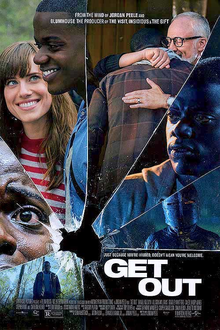
9. “Parasite” (2019): Bong Joon-ho’s “Parasite” made history by becoming the first South Korean film to win the Palme d’Or at the Cannes Film Festival and later winning four Academy Awards, including Best Picture. The film’s exploration of class division and social inequality struck a chord with audiences globally. “Parasite” highlighted the universal nature of storytelling and opened doors for international films to reach wider audiences.
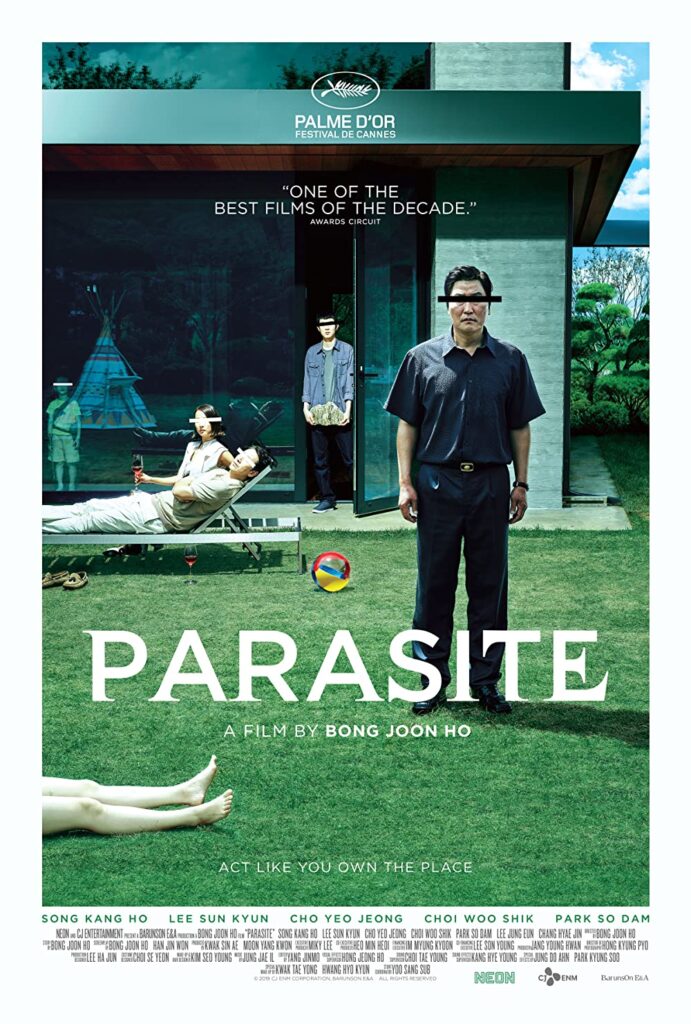
10. “Black Panther” (2018): Directed by Ryan Coogler, “Black Panther” broke barriers and shattered stereotypes in the superhero genre. With its predominantly Black cast and celebration of African culture, the film became a cultural phenomenon and a symbol of representation in mainstream cinema. “Black Panther” proved the immense commercial and critical potential of diverse storytelling, inspiring future generations of filmmakers and audiences alike.

Conclusion:
Revolutionary movies have the power to reshape the film industry, challenge norms, and leave an everlasting impact on society. The 10 films discussed in this blog represent a mere fraction of the revolutionary works that have shaped cinema over the years. From narrative innovations to technological advancements, these movies have inspired countless filmmakers to push boundaries and explore new possibilities in storytelling. As we continue to witness the evolution of cinema, it is crucial to celebrate and appreciate the transformative power of these revolutionary movies that have shaped the art form we love.